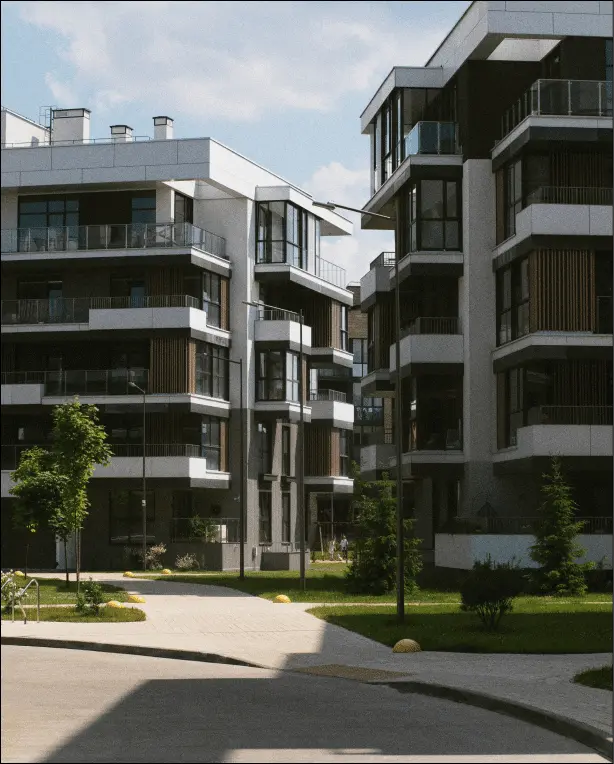Why Orlando’s Soaring Temperatures Make AC Replacement Inevitable
Orlando, fondly called the “City Beautiful,” is no stranger to sizzling temperatures. The city’s subtropical climate has long been a subject of discussion, especially considering how it affects our everyday comforts, namely air conditioning. But have the soaring temperatures reached a point where AC replacement has become not just advisable but inevitable? Let’s look at the data.
1. Orlando’s Temperature Trends:
Recent data from the National Weather Service confirms that Orlando’s average summer temperatures have been on a steady rise over the past decade. The year 2022 recorded an average temperature of 92°F during July, almost 2°F higher than a decade ago. Such prolonged exposure to heat doesn’t just wear out residents; it wears out AC systems, too.
2. Lifespan of an AC in Extreme Heat:
Typically, an air conditioner’s lifespan is around 9-10 years. However, units in Orlando, given the relentless heat, have a reduced operational period. Statistics from local HVAC companies indicate a 25% decrease in lifespan for ACs constantly running during Orlando’s peak temperatures. This roughly translates to a 4-5 year reduction in effective service life, pushing homeowners toward a replacement sooner than expected.
3. Efficiency Drop Over Time:
The constant demand placed on AC units in Orlando‘s climate inevitably leads to a decline in efficiency. Studies show that an AC unit loses about 5% of its efficiency for every year it operates without upkeep. In Orlando’s climate, the degradation can be even steeper. When the efficiency drops, the electricity bills rise, making replacements often more economical than repairs.
4. The R22 Freon Phase-Out:
Many older AC systems in Orlando use R22 Freon as a refrigerant. However, since the EPA’s regulations to phase out R22 due to its environmental impact, homeowners have faced rising costs for this refrigerant. Replacing the entire AC system to one that uses a more environmentally friendly and available refrigerant often makes more sense, both economically and environmentally.
5. The Cost Factor:
A recent survey in Orlando showed that 68% of homeowners witnessed a significant spike in their energy bills due to an underperforming AC. With the cost of electricity already on the rise, it becomes clear that maintaining an old, inefficient system can be more expensive in the long run than investing in a new replacement.
6. Modern Units and Technological Advancements:
Today’s AC units are not only more efficient but also come packed with advanced features, from smart thermostats to air purification technologies. Orlando homeowners stand to gain from these innovations, experiencing not only cooler homes but also healthier living environments. The rapid technological advancement in the HVAC sector has made clinging to older units less justifiable.
7. Health and Comfort Considerations:
Lastly, but perhaps most importantly, is the health and comfort of Orlando’s residents. As temperatures rise, so does the humidity, making living conditions uncomfortable. High humidity can lead to mold growth, respiratory issues, and aggravated allergies. Modern AC units do a better job of not only cooling but also dehumidifying homes, ensuring a healthier living space.
In Conclusion:
Given Orlando’s unique climate challenges and the subsequent demands placed on air conditioning systems, it’s evident that AC replacement is not just a matter of if but when. With rising temperatures, evolving technology, and the emphasis on energy efficiency and environmental responsibility, homeowners in the “City Beautiful” are prompted to re-evaluate their cooling solutions. As the data suggests, the timely replacement of AC units might just be the inevitable, smart choice for Orlando residents.




